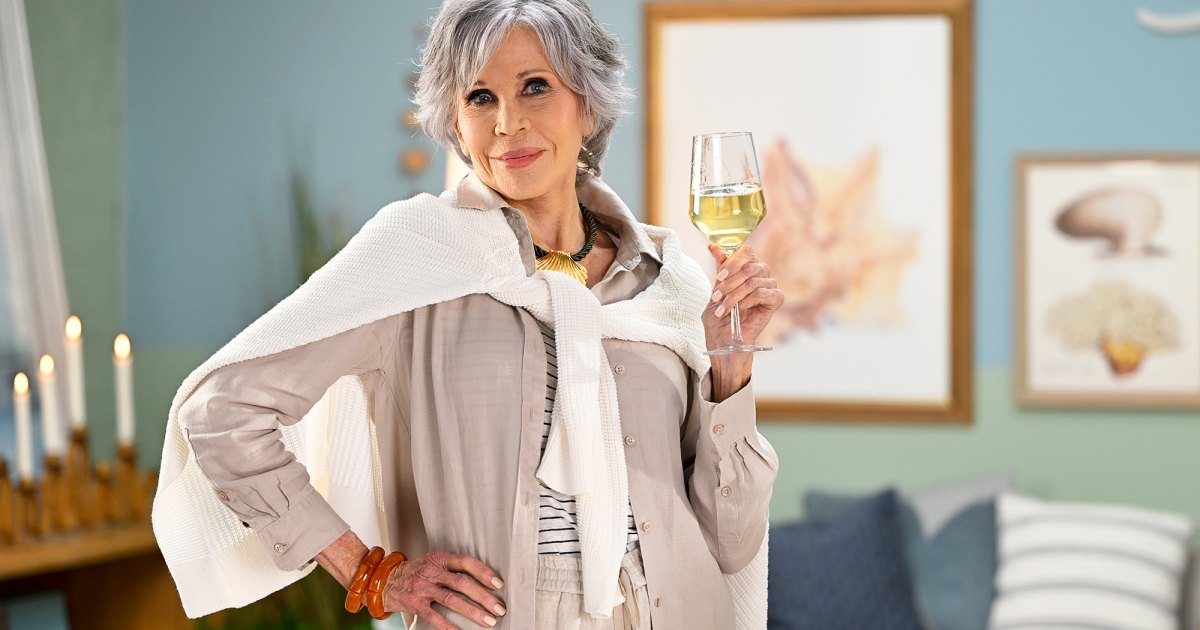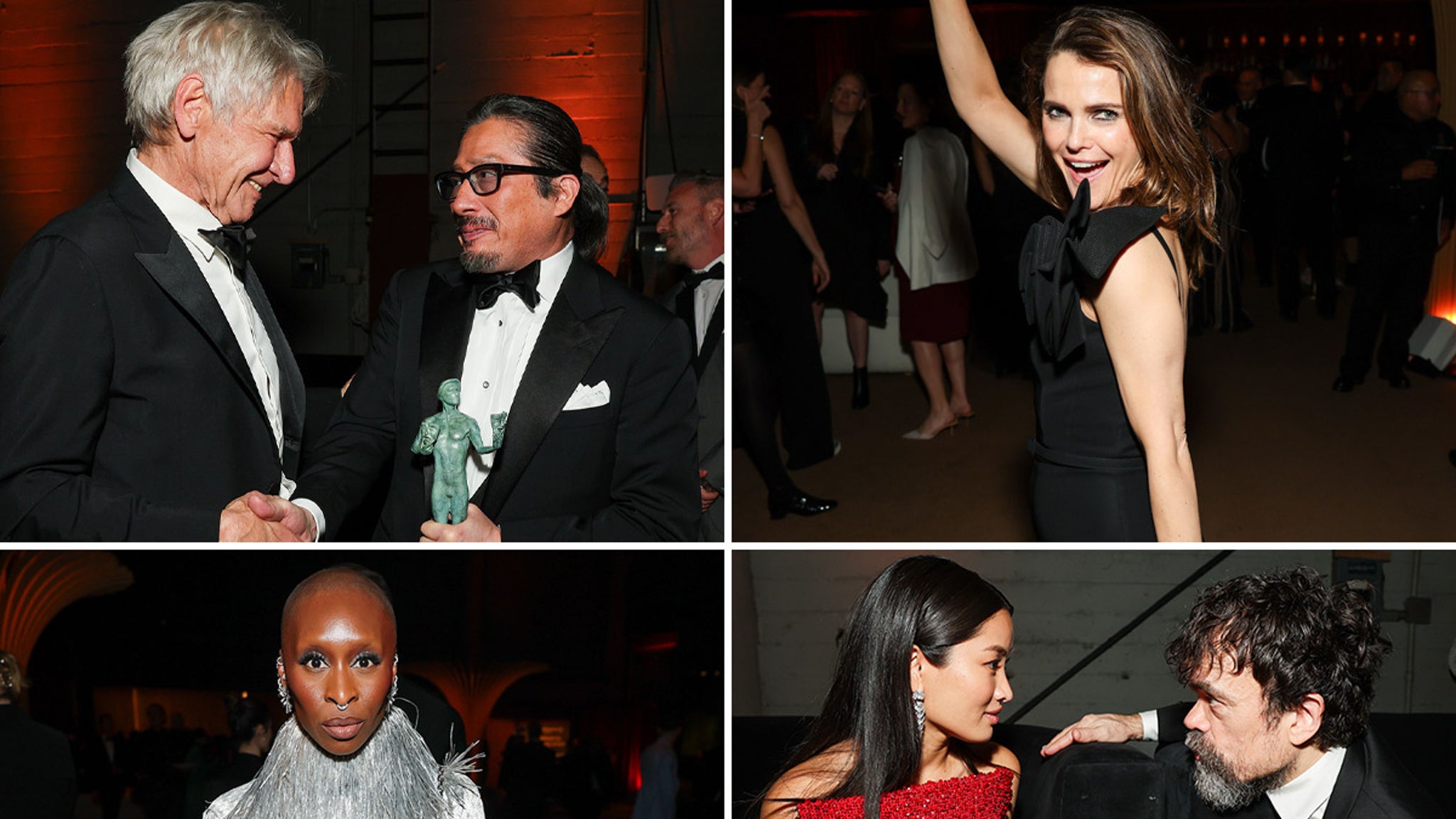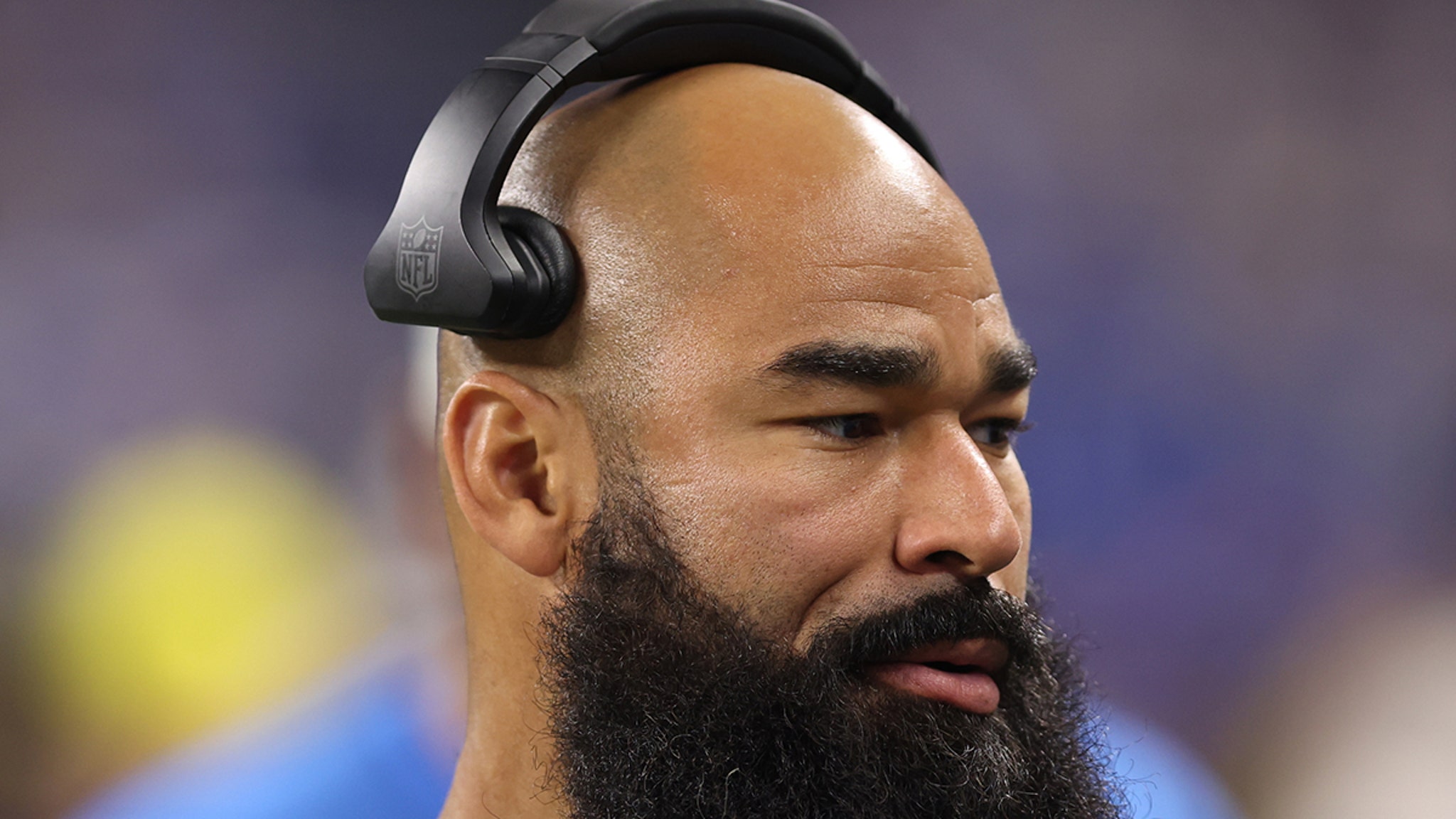Culture
The Singular Charm of Parker Posey

In the 1990s, as her career was on the rise, a 20-something Posey told an interviewer that she was working on a screenplay. She was interested, she said, in writing roles for older women. “I love that I said that,” Posey said when I brought it up. “I’ve always known, or felt, that I would feel most comfortable at this age.”
The entertainment industry has changed since the ’90s, and so has Posey. Her “White Lotus” gig signals the possibility that Hollywood may, once again, be open to making use of her talents. Over the past 25 years, it has been small independent films that have allowed her to prove her elastic range — she does uncommon sadness in Zoe Cassavetes’s “Broken English,” hallucinatory seduction in Ari Aster’s “Beau Is Afraid,” simmering intimacy in “Columbus,” by the Korean American filmmaker Kogonada. “You walk the streets with her, and it feels like you’re in a film,” Kogonada says. “She’s a performance artist who does movies in between.”
Much like a Parker Posey character, she has remained a free-floating entity. Her romantic history has an itinerant quality; she has compared dating to exploring her karmic past lives. She peppered our conversation with anecdotes about her sparkling collection of friends and chosen family: her “chosen parents upstate,” her Y.A. novelist friend, her clothing-designer friend, her art-forger friend. She can make a new life anywhere, but as she has aged she has felt the urge to, as she put it, “regenerate.” A few years ago, she gave up her apartment in the city and settled in the Catskills farmhouse she bought from Tatum O’Neal in 2007, after filming a Pepsi commercial with Jimmy Fallon. There she forged an adoring relationship with Rory, a Highland bull who recently died. “He lives in my heart,” she told me.
Posey is still eyeing escape routes from the movies. Over the years, she has mused about shooting a survival program about off-grid home-building, rebooting an old children’s show about wild animals, starting a slow-TV channel, writing a walk-and-talk film for herself and Camille Paglia and building an intentional community around the farmhouse. “Have you heard of ‘agritainment’?” she asked me after our sound bath, referring to the convergence of agriculture and entertainment that is typically used to describe corn mazes and hayrides but that she imagines as, perhaps, an immersive new art form built into the natural world. Inevitably, though, Hollywood keeps calling her back.
The second time I met Posey, she had arranged for us to undergo another treatment — a sauna in the backyard of a Brooklyn vegan restaurant, followed by a cold plunge — but instead she texted me with a change of plans. A rehearsal had run long, she said, and she wondered if I could pick her up when she got off work. When I arrived at the Public Theater, I learned that she had been cast in Martin McDonagh’s next film, “Wild Horse Nine,” opposite Sam Rockwell and John Malkovich. She emerged from a costume-fitting wearing her rose glasses and a crimson herringbone three-piece outfit made for her in Thailand, with a multitude of hip pockets and a structured necktie. I remembered Posey’s mentioning this film, a ’70s period piece set on Easter Island, at our first meeting, but she described the casting process as so tortured that I assumed the role had eluded her once again.
“He said I had the part, but then he wanted me to ‘read,’” Posey said. “And I was like: I can’t. I can’t!” She had played a Hollywood game many times before, one in which an offer was extended only to be revealed as conditional, then nonexistent. Reading unfamiliar lines under bright lights, pretending to be a character she hasn’t yet created, makes her feel self-conscious and exposed. “It’s just the beginning of the whole process,” she said. “And it feels embarrassing.” When McDonagh dropped in to see her, she still hadn’t opened the FedEx package containing the pages she was meant to perform. “I was like, I can’t even — I don’t even have a relationship to the paper,” she said, miming the role slipping through her fingers. Then she sat with McDonagh and found that, this time, her story had a new ending. He didn’t make her read. The part was hers. Regardless of the various creative and monetary opportunities presented by the agritainment sector, what Parker Posey really wants to do is act.
Stylist: Rushka Bergman. Hair: Mark Townsend. Makeup: Jo Strettell.
Amanda Hess is a critic at large for the Culture section of The Times, covering the intersection of internet and pop culture. More about Amanda Hess





























